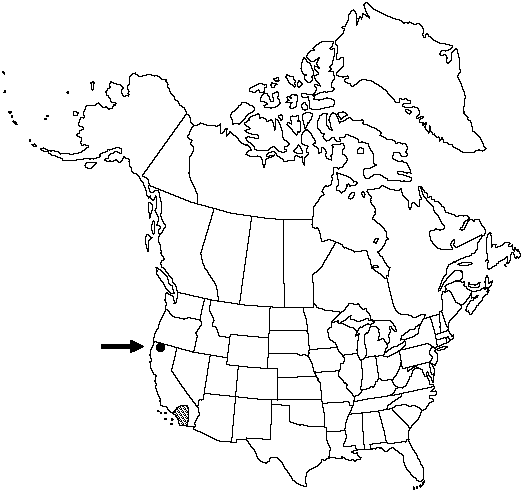Selaginella asprella
Smithsonian Misc. Collect. 72: 6. 1920.
Plants on rock or terrestrial, forming cushionlike or loose mats. Stems decumbent to short-creeping, dry stem readily fragmenting, irregularly forking, without budlike arrested branches, tips straight; main stem upperside and underside structurally slightly different, inconspicuously indeterminate, lateral branches radially symmetric, determinate or not, often strongly ascending on cushionlike mats, 1–2-forked. Rhizophores borne on upperside of stems, throughout stem length, 0.2–0.4 mm diam. Leaves monomorphic, in alternate pseudowhorls of 4, tightly appressed, ascending, green, narrowly triangular-lanceolate to linear-lanceolate, (2–)2.5–4 × 0.45–0.7(–0.8) mm (smaller on young buds); abaxial ridges present; base cuneate and decurrent or sometimes rounded and adnate on young buds, pubescent (hairs often covering 1/4 of leaf length abaxially); margins ciliate, cilia transparent to whitish, spreading, 0.7–0.15 mm; apex keeled, attenuate or obtuse, bristled; bristle white or transparent, puberulent, 0.5–1.4 mm. Strobili solitary, 0.4–1.5(–2) cm; sporophylls lanceolate and strongly tapering to apex or deltate-ovate to ovate-lanceolate, abaxial ridges moderately defined, base pubescent or glabrous, margins short-ciliate to dentate, apex keeled or plane, bristled.
Habitat: Limestone ridges, dry rocky slopes, igneous rock, exposed cliffs or gravelly soil
Elevation: 900–2700 m
Distribution

Calif., Mexico in Baja California.
Discussion
Selaginella asprella may be confused with S. leucobryoides particularly because of its readily fragmenting stems.
Of conservation concern.
Selected References
None.